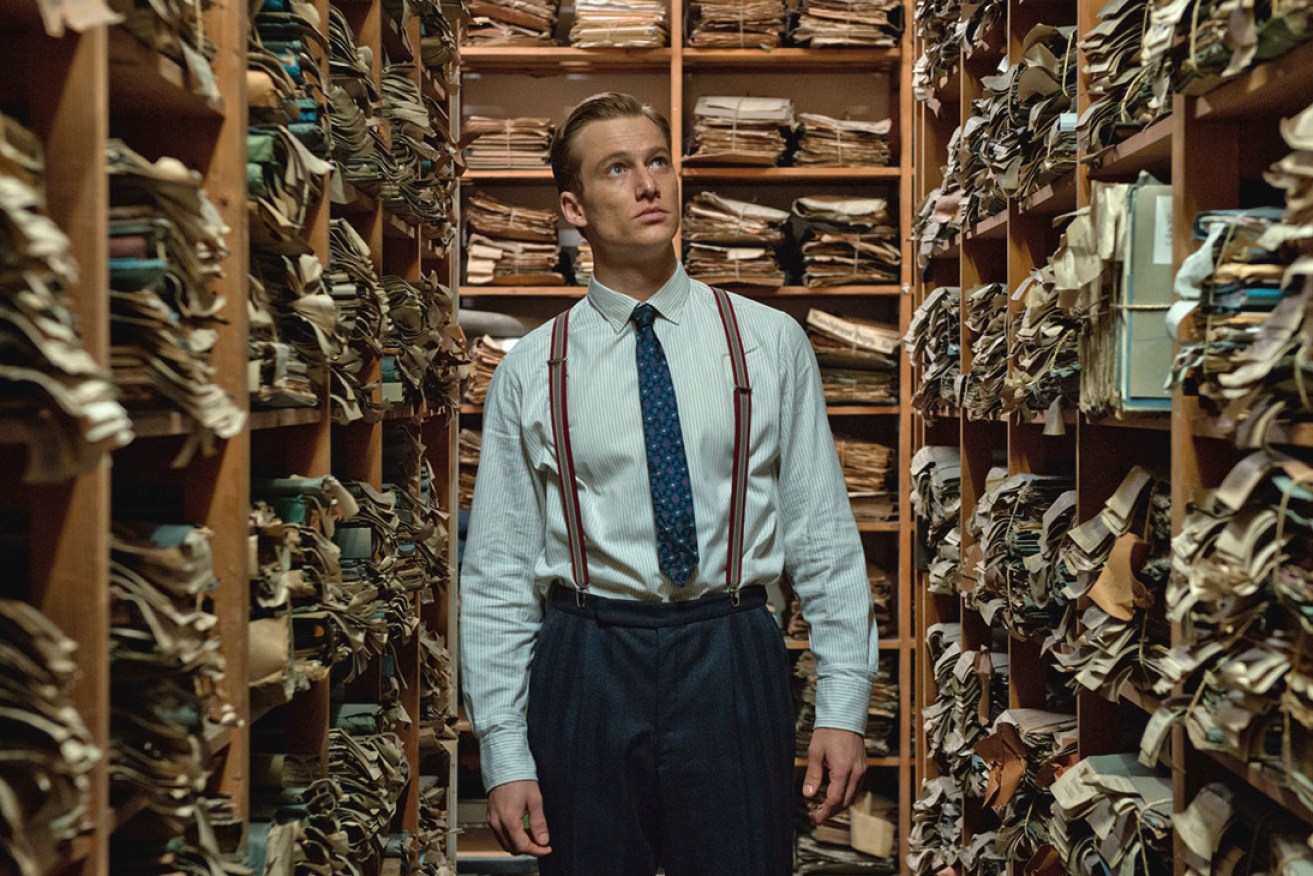Film review: Labyrinth of Lies
German film “Labyrinth of Lies” tells the story of young public prosecutor Johann Radmann, whose life and career are thrown into turmoil by meeting an Auschwitz survivor.

Knowing nothing of the death camp or what atrocities where committed there, Radmann (Alexander Fehling) is horrified to discover the truth and even more appalled to learn that just 13 years after World War II, no-one of his age knows exactly what occurred in the Nazi concentration camps.
Spurred on by his ageing boss but against the wishes of the Public Prosecution Office, he sets his sights on Auschwitz camp doctor Josef Mengele, whose barbaric experiments on Jewish children stir no emotion in a nation not only deep in denial, but still governed by ex-Nazis well-secreted into all walks of daily life.
Horrified to discover that Mengele freely visits Germany from his exile in Argentina, Radmann issues warrants that are never executed, culminating in the involvement of Mossad, which also fails to nab the prize. Eventually settling for those who can be arrested, Radmann goes on to head the largest prosecution of war criminals in Germany’s post-war history.
Never spectacular or over-dramatised, with no need to rely on flashbacks for impact, Labyrinth of Lies is a clear-cut and to-the-bone piece of historic re-telling, brought honestly to the screen by Giulio Ricciarelli’s straightforward direction.
A non-Hollywood, non-glossy look at how a new generation of Germans were made to face their past and deal with the brutality of that past in a courtroom with the eyes of the world upon them – proving that human disgust eventually transverses national pride and hypocritical secrecy. Sometimes, the butchers are brought to justice, and rightly so, because no matter how thin, there is a line between war and atrocity.




